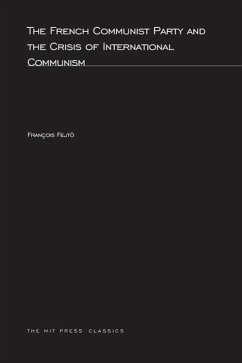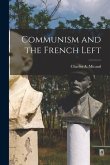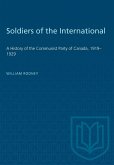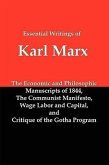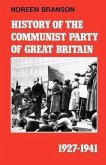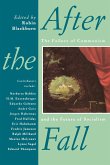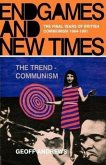Several key questions are the focus for this study of the French Communist Party and its role in the crisis engulfing the international Communist movement. What has been the historical relationship of the Parti communiste français to Moscow? How did de-Stalinization, East European upheavals in 1956, and Sino-Soviet differences affect that relationship? Why has the PCF continued to remain an important ally of the Soviets? Mr. Fejtö answers these questions with a detailed discussion of the integration of French communism into the political life of France. Taking a partly sociological approach, he establishes the bases for the appeal of communism in France; then he describes French domestic and foreign politics in relation to developments in the Soviet Union and to changes in the international Communist movement. His approach here is to give a roughly chronological account of PCF response to developments at home and abroad, in part through a discussion of official party congresses. He amplifies his discussion of French communism by comparing and contrasting it to the Communist Party in Italy, where advanced industrialization and a highly influential domestic party have made the two countries rough counterparts in the structure of world Communist activity. Mr. Fejtö's many points of emphasis allow him to draw certain conclusions about the present and future character of the French Communist Party, conclusions that center around public support for the party on French soil and increasingly shrewd management of relations with Communist and non-Communist interests represented at home and abroad. One of the particular advantages of this study is that it is firmly embedded in French history and politics. An authoritative and highly perceptive treatment of the subject, The French Communist Party and the Crisis of International Communism will be an indispensable entry on any reading list in Communist affairs, especially in the influence of pivotal Communist parties loosely associated with the West. François Fejtö is uniquely qualified to write about the Parti communiste français. Of Hungarian origin, he has lived in France for nearly thirty years. His historical works on Central Europe include a biography of the Austrian Emperor Joseph II and the standard Histoire des démocraties populaires. More recently he has published the only serious work in French on the Sino-Soviet dispute, Chine-U.R.S.S., Vol. I, La fin d'une hégémonie: Les origines du grand schisme communiste, 1950-1957 (Paris: Pion, 1964); Vol. II, Le Conflit: Le développement du grand schisme communiste, 1958-1965 (Paris: Pion, 1966). Volume 9, Studies in International Communism, Center for International Studies, Massachusetts Institute of Technology.

